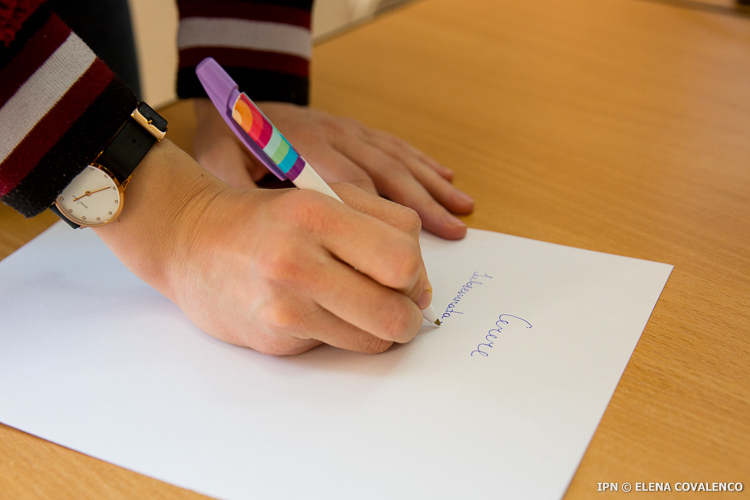Foreign citizens’ children born in the Republic of Moldova will benefit from Moldovan nationality only at the parents’ request, without this being provided automatically by the state. This is one of the amendments formulated by the Public Services Agency and the Government to the law on nationality, which was recently given a first reading by Parliament. Consultations on the bill were held on Thursday to improve the document before it is given a second reading, IPN reports.
According to Dan Susanu, of the Public Services Agency, the automatic granting of the nationality of the Republic of Moldova to all the children born here later generates serious problems to the given children and their parents as many states ban dual nationality.
Ombudswoman for children’s rights Maia Bănărescu said the amendments should take particular aspects into account. “The international standards on children’s rights need to be respected and the best interest of the child whether this wants to be citizen of the Republic of Moldova or not, evidently at a particular age, should be taken into consideration as this should not be the decision of the parent only and this is provided in the UN Convention,” stated Maia Bănărescu.
According to Alexandru Done, of the Public Services Agency, when reaching 18 the children born in Moldova can gain Moldovan nationality. “There is no danger of statelessness. Only the cases when persons come to Moldova intentionally to give birth and to obtain the right of stay are restricted. For example, multiple nationality is accepted in the Russian Federation, but those who work in the law enforcement agencies when they turn 30 – 40 learn that they and their children are Moldovan nationals, but they didn’t know about this,” he stated.
Andrew Painter, senior protection officer of the Office of the UN High Commissioner for Refugees in Moldova, said the best interest of the child should prevail when this document is given a second reading. “The prevention of statelessness is a key objective of the UNHCR and the first steps that need to be taken include the granting of the nationality of the state in which the person is born, if this remains stateless. A number of problems will be solved by the amendment of Article 11. There are also concerns. This text does not save the situation of a child whose parents risk becoming stateless,” stated Andrew Painter.
It is noteworthy that the provisions concerning the nationality that were given a first reading exclude the text “Children born on the country’s territory can obtain the nationality of the Republic of Moldova only if at least one of the parents, when this is born, holds the right of stay, benefits from international protection or is recognized as stateless by the competent authorities. The move is aimed at complying with the provisions of the UN Convention on Statelessness, the UN Convention on the Reduction of Statelessness and the UN Convention on the Rights of the Child.
- Moldova is in the process of coupling to the European electricity market
- Moldova will pay 54 million lei – dues to international organizations
- Public and commercial buildings will limit indoor lighting by at least 30%. CSE decision
- From January 1, electricity produced during the day will be traded only on the domestic market
- Fish consumption on the rise. MAIA: Choose local product at Christmas and all year round


